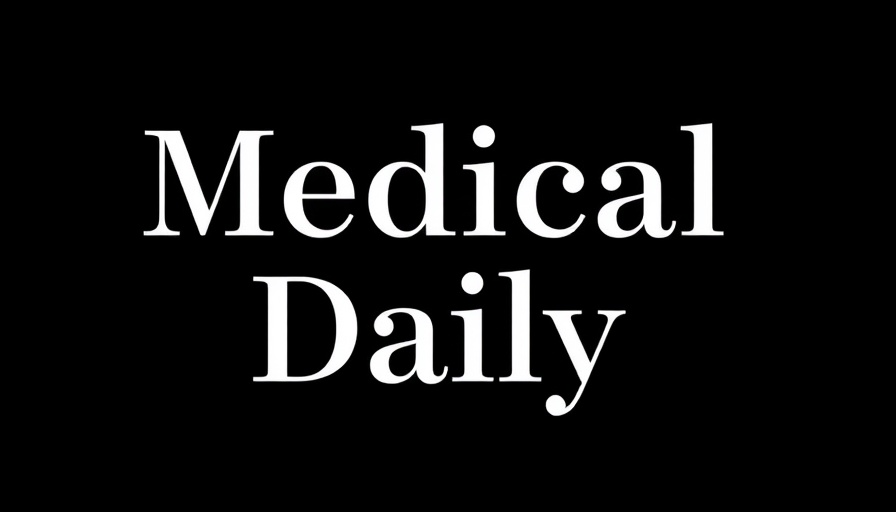
Understanding the Controversial Appointment in Vaccine Advisory
In a decision that has ignited debates across the health community, Health Secretary Robert F. Kennedy Jr. announced the appointment of eight new members to the Advisory Committee on Immunization Practices (ACIP), a panel that advises the CDC and HHS on vaccine policy. One of the central figures in this group is Dr. Robert Malone, who has previously gained notoriety for suggesting that the public has been 'hypnotized' into believing the COVID-19 guidance disseminated by health authorities. His controversial views have prompted a wave of criticism, particularly concerning the credibility of vaccine-related information.
The Rise of Vaccine Misinformation
The pandemic has brought a significant surge in vaccine misinformation, challenging public health guidance and trust. Malone's remarks date back to a 2021 appearance on The Joe Rogan Experience, where he made comparisons between vaccine mandates and the infamous medical experiments of the Nazi era. These statements not only spurred backlash from health experts but also led to over 250 healthcare professionals signing an open letter urging Spotify to address the promotion of misinformation on the platform.
In light of this, the social implications of Malone's appointment raise important questions about the delicate balance between free speech and responsible public health communication. Misinformation can undermine efforts to combat health crises by sowing doubt and fear among the population.
Spotlighting the ACIP Membership
Alongside Malone, the new ACIP members include influential figures like Dr. Martin Kulldorff, known for his outspoken opposition to pandemic restrictions, and various other researchers and public health professionals. Kennedy emphasized that these appointees are dedicated to stringent safety and efficacy data prior to endorsing any new vaccines, suggesting a shift towards a more cautious and scrutinizing approach towards vaccine rollout.
The Path Forward: What This Means for Public Health Policy
This new panel’s first meeting is set for June 25, and the discussions are likely to be pivotal. As the members deliberate over vaccine guidelines, their backgrounds and perspectives could greatly influence public perception of vaccines. Health policies that prioritize transparency and rigorous evaluation will be essential in navigating the challenge of rebuilding public trust, especially within communities that have been skeptical of vaccine rollout.
Community Reactions: Understanding the Public’s Concerns
The appointment of figures like Malone can evoke strong emotional reactions among various demographics. For some, it underscores fears of misinformation proliferating within credible health institutions, while others may welcome the push for critical voices in vaccine discussions. The balance between encouraging debate and preventing the spread of harmful misinformation is a delicate endeavor that requires thoughtful consideration.
What Can The Public Do?
As we look toward the future of vaccine policy, it's crucial for the public to stay informed and engaged. Knowing how to distinguish between credible information and misinformation is vital. Engaging in constructive dialogue, advocating for transparency from health bodies, and fostering a collective understanding of vaccination’s role in public health are vital steps towards achieving communal health goals.
Final Thoughts: The Importance of Being Informed
With the emergence of new advisory members, the ACIP's direction could shift significantly. As discussions unfold, it's key for individuals to nurture their understanding of vaccination's critical role in achieving herd immunity and safeguarding community health. Stay informed, ask questions, and prioritize credible health sources to navigate the complexities of vaccine discourse effectively.
 Add Row
Add Row  Add
Add 




Write A Comment